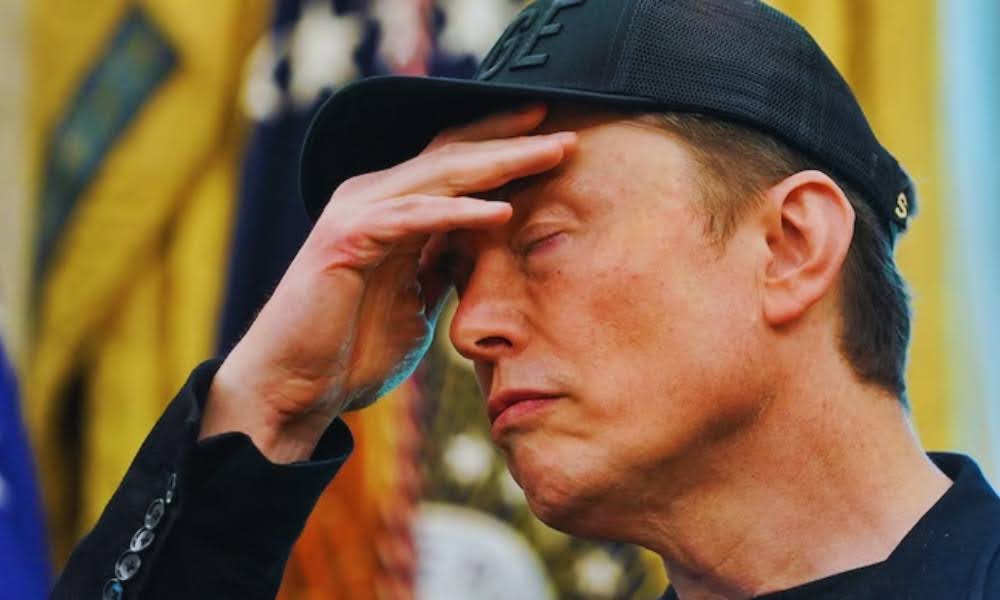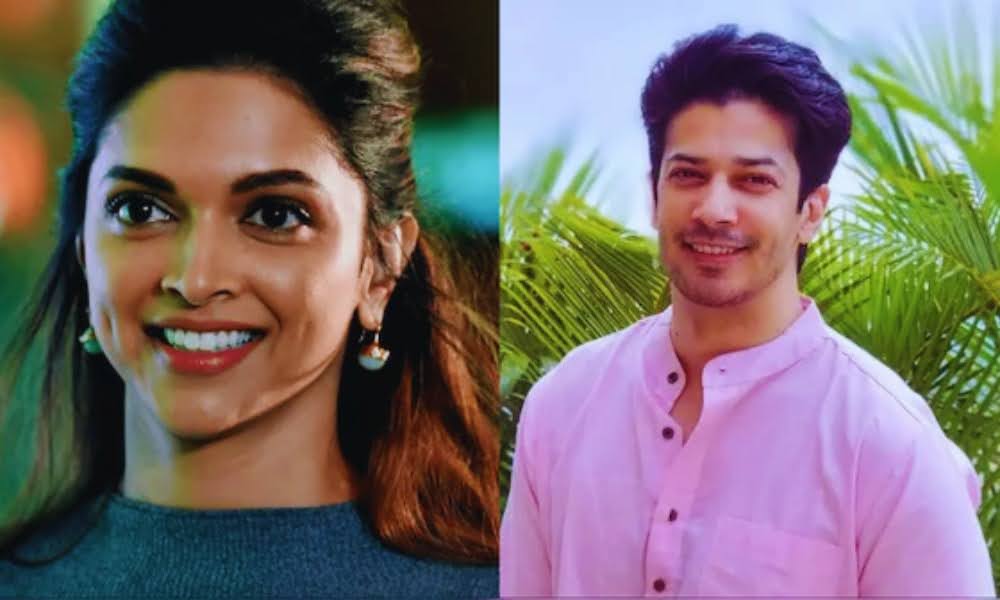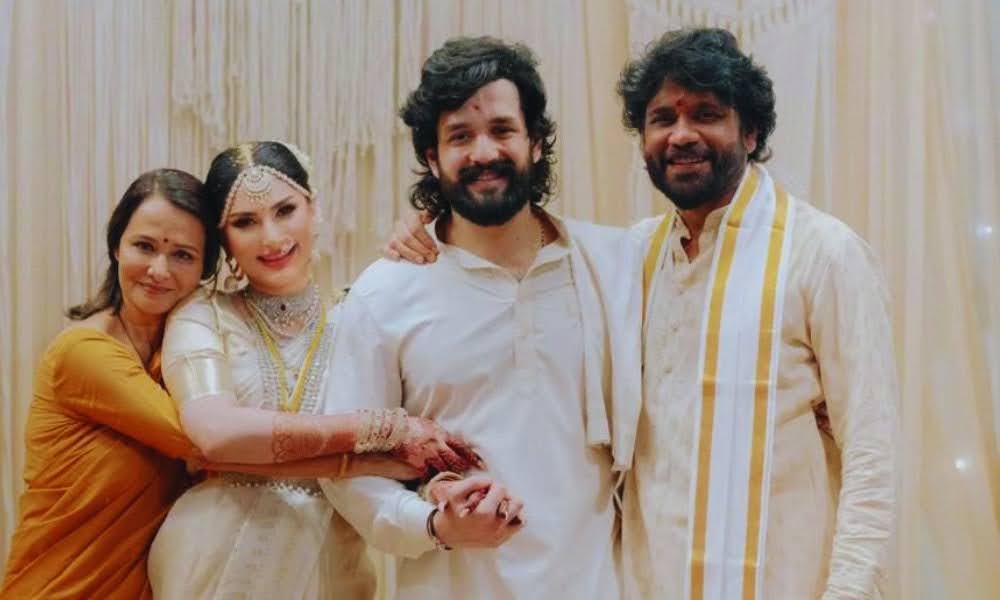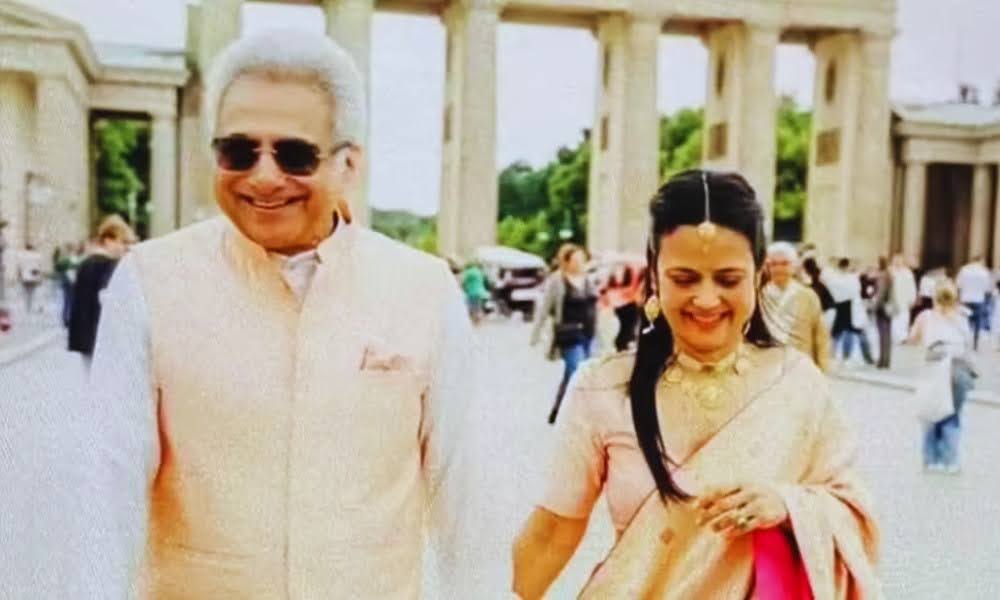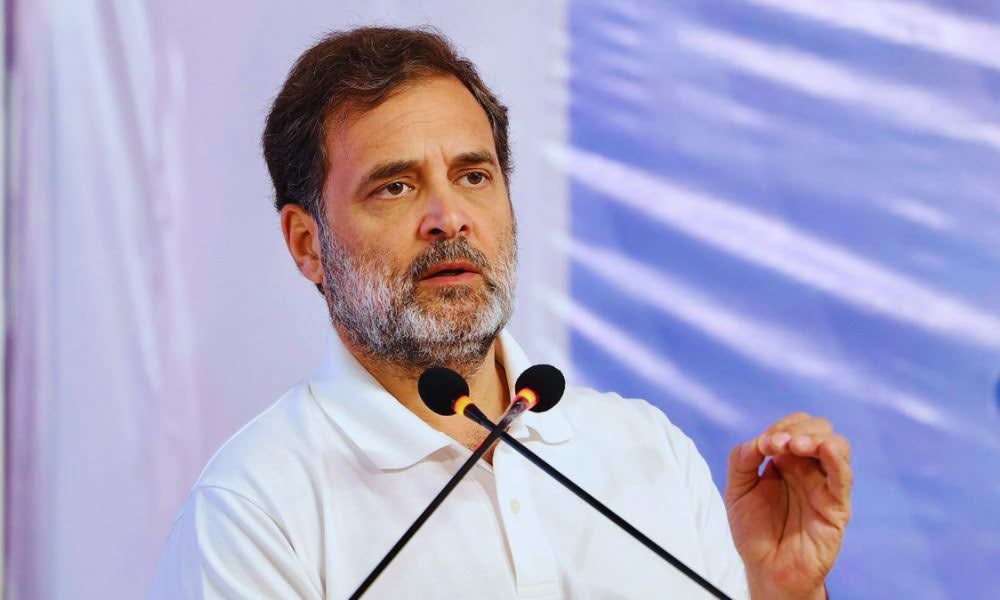Shashi Tharoor Fields Surprise Question from Son Ishaan During Washington Diplomacy Push on Pahalgam Attack
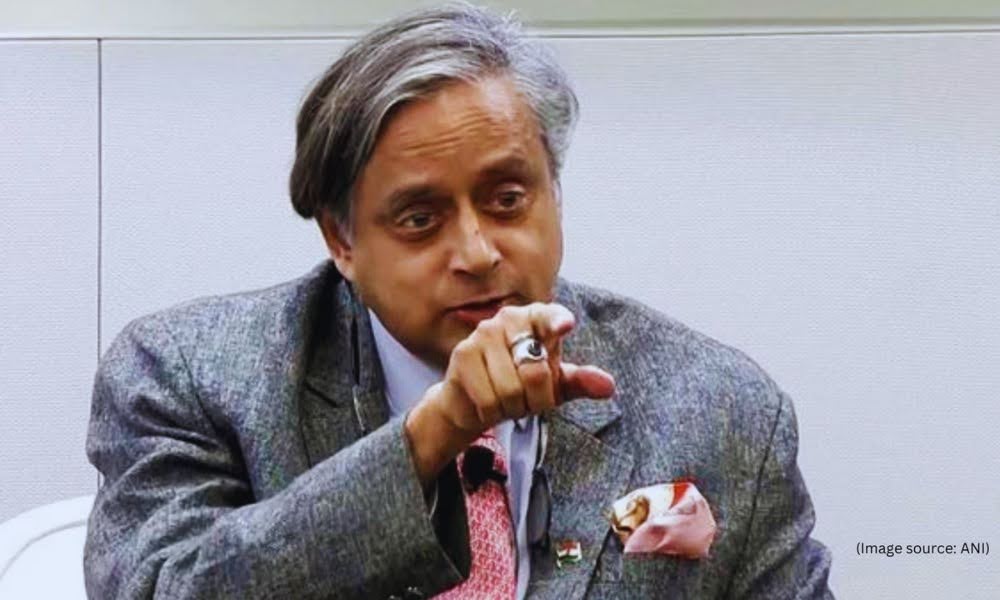
In a rare and heartfelt exchange during India’s diplomatic efforts in Washington DC following the Pahalgam terror attack and Operation Sindoor, Congress MP Shashi Tharoor responded to a pointed question from an unexpected source—his son, Ishaan Tharoor.
The senior Tharoor, who is part of an all-party delegation travelling to key global capitals to raise awareness about the Pahalgam incident and India’s response, was taken by surprise when Ishaan stood up to ask a question.
Introducing himself humorously as speaking “in a personal capacity and mostly to say hi before you go off for your next engagement,” Ishaan proceeded to ask about terrorism and Pakistan’s involvement.
An Unexpected Interrogator
As Ishaan took the microphone, Shashi Tharoor gestured for him to adjust it before answering.
The question was timely and direct—had any country asked the Indian delegation for evidence of Pakistan’s involvement in the Pahalgam attack, given Islamabad’s consistent denials?
“I’m very glad you raised this. I didn’t plant it, I promise you. This guy does this to his dad,” said Tharoor with a smile. He clarified that no foreign government had asked for evidence, though “the media in two or three places” had raised the issue.
India’s Firm Stand on Evidence
Tharoor insisted that “India would not have done this without convincing evidence.” He cited three key reasons why the international community should understand India’s position.
First, he pointed to a 37-year pattern of terror attacks traced back to Pakistan, always followed by denial. He referenced Pakistan’s denial about Osama bin Laden, who was found residing near a military base in Abbottabad, and the 26/11 Mumbai attacks, where Pakistan also denied involvement.
“So we know what Pakistan’s all about. They will dispatch terrorists, they will deny they did so until they’re actually caught with red hands,” Tharoor emphasized.
On Mediation and Diplomatic Equivalence
Tharoor dismissed any notion of US mediation between India and Pakistan, especially suggestions that such intervention had succeeded in brokering ceasefires in the past.
Referring to past claims, including those made by President Donald Trump, Tharoor said, “Mediation is not a term that we are particularly willing to entertain. You’re implying an equivalence which simply doesn’t exist.”
He underlined that there could be no parity between a democratic nation and one that shelters terrorism. “There is no equivalence between terrorists and their victims.
There is no equivalence between a country that provides a safe haven to terrorism and a country that’s a flourishing multi-party democracy that’s trying to get on with its business.”
US Communication and India’s Precise Response
Speaking about post-attack diplomacy, Tharoor noted that the Indian government received high-level calls from the US.
“They must have been making similar calls at the highest levels to the Pakistan side. Because that’s the side that needed persuading to stop this process… But that’s guesswork on my part,” he added.
Clarifying India’s actions during Operation Sindoor, Tharoor said, “India hit terror bases in Pakistan, while Pakistan hit civilians in retaliation, since there are no terror bases in India.”
He stressed the asymmetry in the conflict, saying there are “no terrorist organisations in India listed in the UN or the State Department anywhere else.”
India vs Terrorism, Not Pakistan
Tharoor emphasized that India’s response was “precise and calibrated” and that the government had “systematically signalled” no interest in war. “We’re not interested in attacking Pakistani civilians, ordinary people. This is about India versus terrorism,” he stated.
China’s Role and India’s Countermoves
When asked about the use of Chinese military technology by Pakistan, Tharoor highlighted India’s innovative military response.
He explained that China is believed to provide Pakistan with a technology known as a “kill chain,” but India responded with strategic agility. “We simply did things in a different way. Otherwise, we wouldn’t have been able to hit 11 airfields,” he noted.
He acknowledged China’s deep investments in Pakistan through the Belt and Road Initiative and the China-Pakistan Economic Corridor, stating India had “no illusions” about Beijing’s strategic interests in Islamabad.
A Personal Yet Public Exchange
The press conference at the Council of Foreign Relations in New York took a lighthearted turn when Shashi Tharoor introduced his son to the room. “You have to stand up. That shouldn’t be allowed. This is my son,” he joked.
Ishaan, a foreign affairs columnist at the Washington Post, responded with a straight face, “Ishaan Tharoor of the Washington Post.”
Despite the light moment, the question was serious. Ishaan asked whether any government officials had requested evidence of Pakistan’s culpability in the initial Pahalgam attack.
His father replied that there was “no doubt” among government interlocutors and reiterated India’s careful approach, backed by solid intelligence and decades of pattern recognition.
Tharoor’s Final Reflection
Concluding his remarks, Tharoor called the conflict “a distraction” for India but “fundamental” to Pakistan’s military identity. He added wryly, “There was a lot of chuckling in Delhi when the failed general became a field marshal by promoting himself, as you said, with an extra star.”



